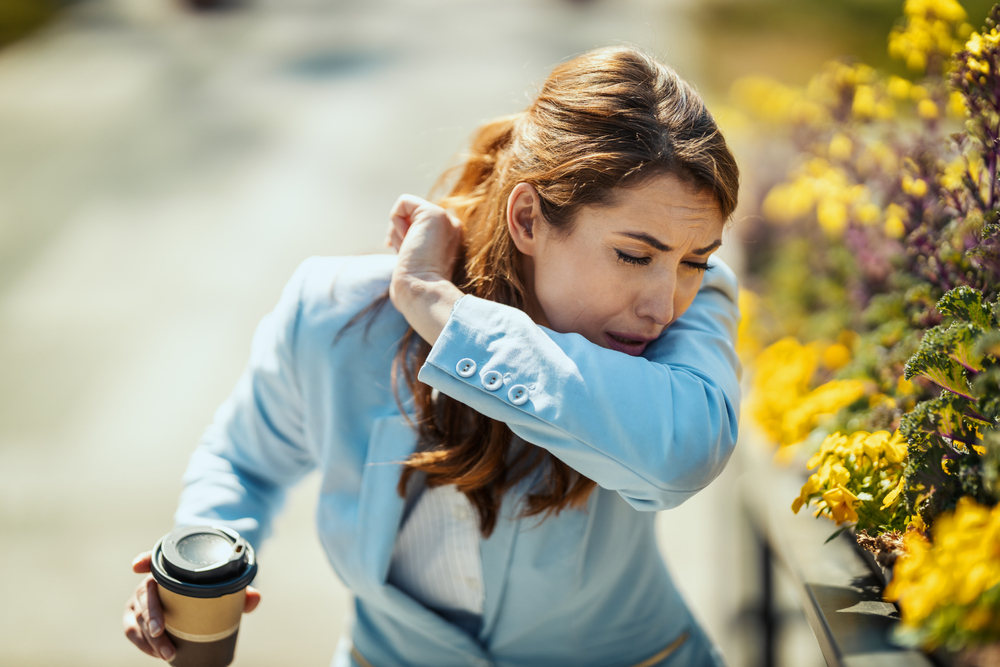
Sneezing, frequently caused by allergies during the summer months, is a surprisingly complex bodily function. Sneezing plays an important role in clearing out irritants, but it can also reveal interesting things about how our respiratory system works. Here we will discover some of the more obscure facets of this common reflex.
1. Sneezes: nature’s nasal reset button
Sneezing is a reflex, but it’s also the reset button for your nose’s effective performance. Think about how you sometimes require a complete shutdown and restart to get your computer working efficiently. Sneezing clears out irritants and gets your nasal passage working like a fine-tuned machine again.
2. Multiple sneezes: doesn’t necessarily mean you’re sick
When someone sneezes repeatedly, the common assumption is sickness. Repeated sneezing, however, does suggest that your body is working hard to eliminate irritants from your nasal passage. It’s a natural reboot, not particularly a symptom of a cold or flu.
3. Sneezing and sleep: a rare combination
Various stimuli can induce the sneezing reflex. Surprisingly, sneezing seldom occurs during sleep due to relaxed nerves. Daytime hours usually see more sneezing because nasal passages actively clear. Even though, in rare circumstances, external stimuli like pepper can induce sneezing even during sleep.
4. Debunking the myth: your heart doesn’t stop
Contrary to popular belief, sneezing does not cause your heart to stop. The sensation of a missed heartbeat often felt during a sneeze is merely a temporary alteration in blood flow and pressure. There’s no need to be concerned that your heart has stopped when you sneeze.
5. Sunlight’s sneeze induction: the photic reflex
Ever wonder why some people sneeze when exposed to sunlight? About one in four individuals experience a photic sneeze reflex, where immediate exposure to light causes sneezing. This phenomenon underscores the intricate nature of sneeze triggers beyond allergens like pollen.
How to effectively treat sneezing
Sneezing helps clear out irritants but it also plays a part in the transmission of germs. Whether symptomatic or not, it’s essential to practice appropriate sneezing etiquette to decrease the spread of mucus, which can travel up to five feet. Covering sneezes and maintaining hand hygiene are important steps in preventing the spread of illness.
When sneezing calls for a specialist
If you’re coping with persistent sneezing or have concerns about allergies and sinus health, get in touch with us today for an appointment.